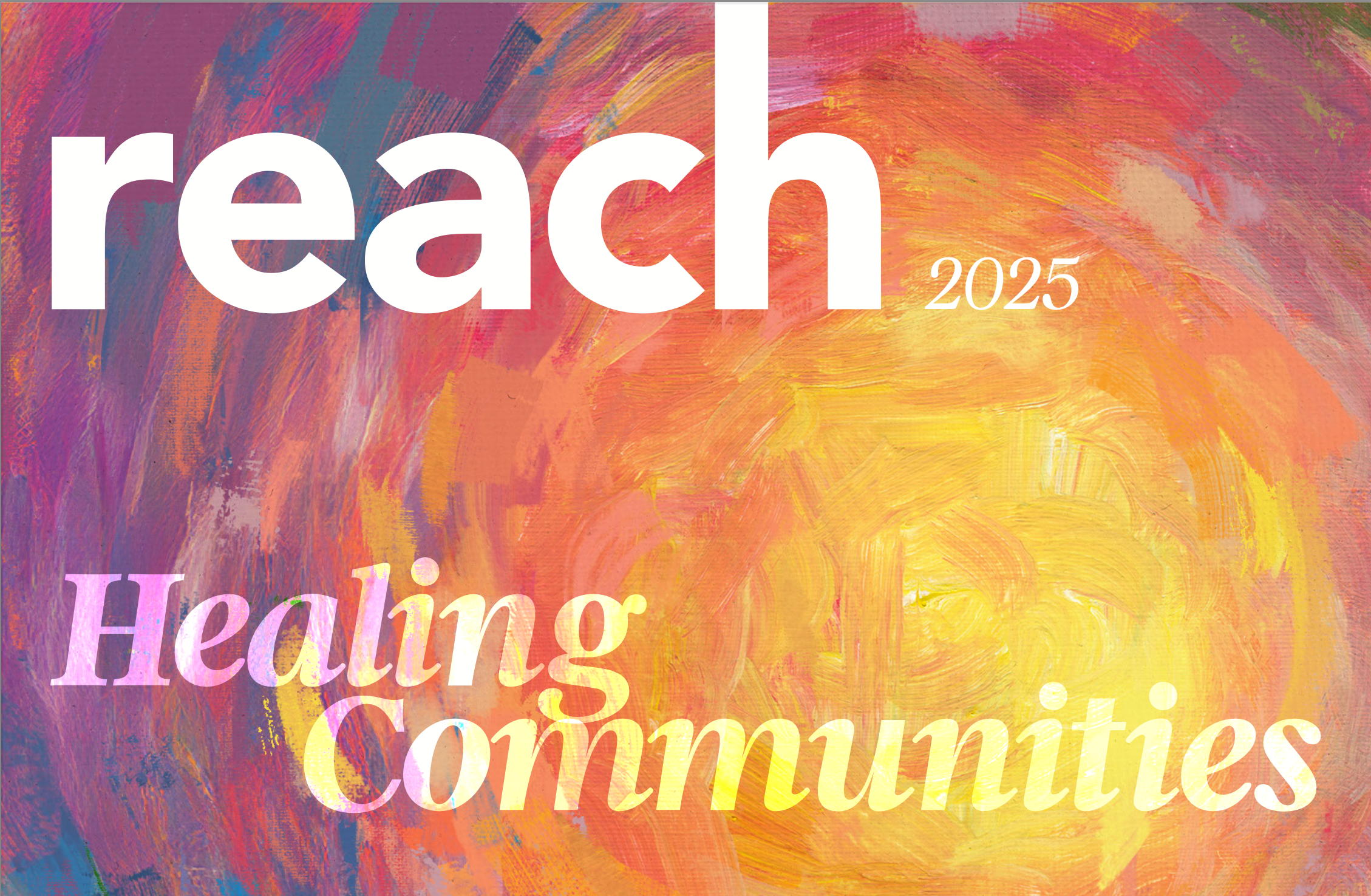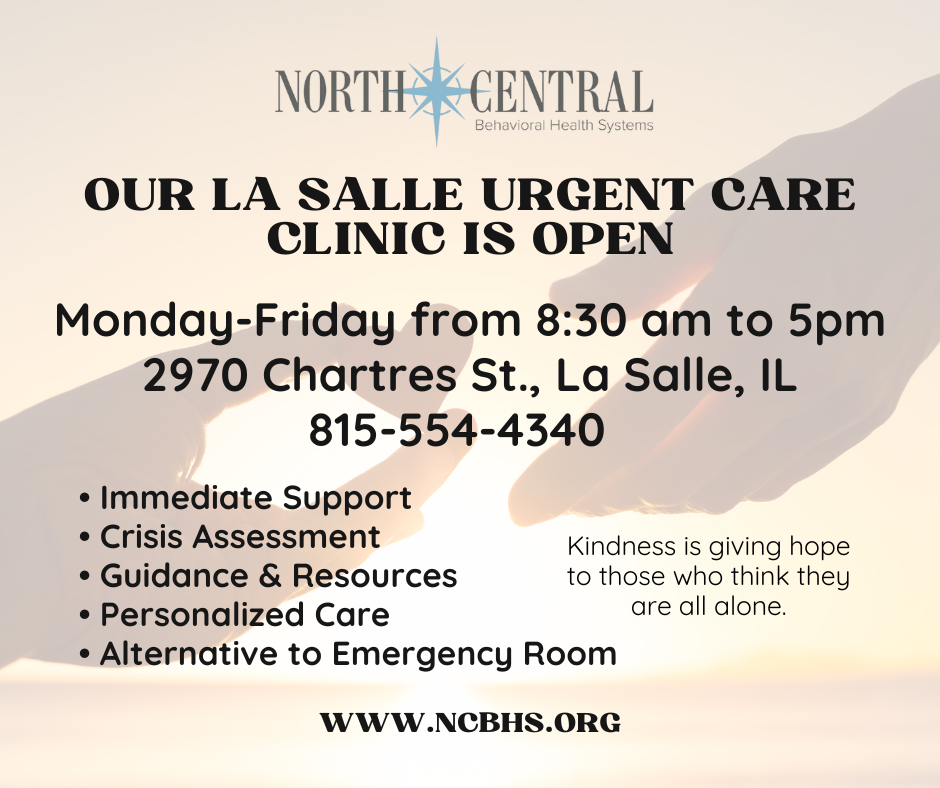Recently our area was hit by tornadic weather that resulted in a loss of lives, and damaged property that will change the landscape for many years to come. Those involved gathered together to help each other through, clean up debris and begin the process of re-building. With all of this, a sense of community resulted. Some time has passed and those who have experienced, witnessed and even responded to the community, are now getting anxious at the approach of future weather related issues. They continue to having upsetting dreams or nightmares about the traumatic event and will frequently remember small details, even when they may not want to. Far worse for some is the feeling of re-experiencing the tornado-a sense of doom ensues and they experience sudden difficulties with anxiety.
These symptoms are all an indicator of Post-Traumatic Stress Disorder (PTSD). PTSD can start within a month of experiencing a traumatic event and can happen to anyone that has been exposed to a trauma; has responded to a trauma or has witnessed a trauma or experienced indirect exposure (such as a first responder).
This anxiety based disorder separates itself from other anxiety, in that the event is persistently re-experienced in the following ways:
- Intrusive thoughts and memories of the event
- Nightmares or upsetting dreams about or surrounding the event
- Flashbacks or reliving the event as if it were happening again
- Emotional distress and physical reactivity after exposure to traumatic reminders
Another criterion for the disorder is avoidance, trying to avoid thinking or talking about the event and avoiding people, places or activities that can remind you.
Negative changes in feeling or mood worsen after the trauma in the following ways:
- Inability to recall key features of the trauma
- Overly negative thoughts and exaggerated blame of self or others
- Decreased interest in activities or hopelessness about the future
- Feeling isolated or detachment from family and friends
- Feeling emotionally numb
Finally, emotional trauma creates a higher arousal and reactivity response increasing after the trauma as experienced in the following ways:
- Irritability or aggression,
- Risk taking or destructive behaviors
- Hypervigilance
- Easily startled or frightened and always being on guard
- Trouble sleeping or concentrating
- Possible shame or guilt associated with the event or your behavior during the event.
People of all ages, socioeconomic backgrounds, male or female, can be impacted by this disorder PTSD does not discriminate. Examples of othe rtraumatic events that may cause PTSD can include: combat exposure, childhood physical or sexual abuse, rape or assault and an accident or any life changing or life threatening event.
Following a traumatic event most people have a sense of fear, anxiety, anger depression and sometimes guilt which are common reactions to any trauma. Some however find the symptoms worsening and stress reactions forming into PTSD.
PTSD psychotherapy works to regain a sense of control in your lives and relationships with others. Treatment can help teach skills to address symptoms and ways to cope if symptoms arise. Treatment can help you gain an understanding of this disorder, finding help for you and your families identify and utilize positive ways to think with active coping skills. Getting help takes time and can begin following a conversation with your doctor or finding a psychotherapist that specializes in PTSD. To take care of yourself.


